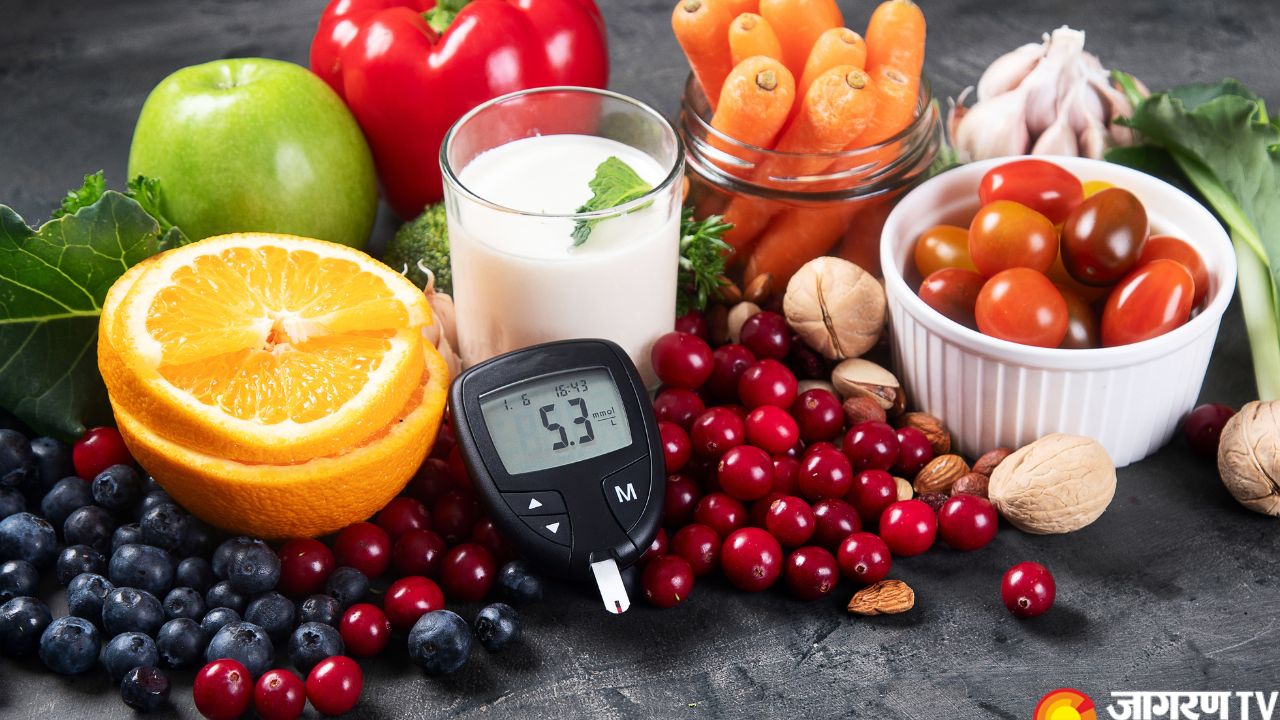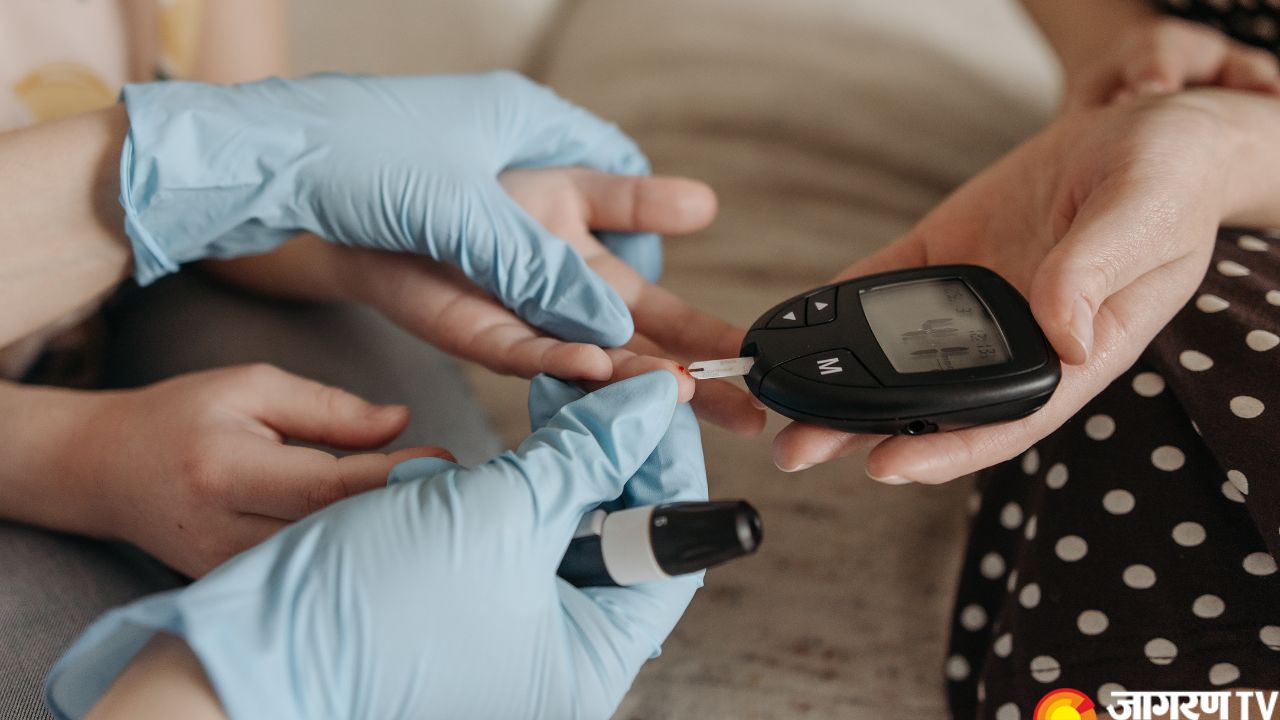Prediabetes: How to Reverse Prediabetes? Know Diet and Lifestyle Modifications

Prediabetes: Prediabetes is a serious health condition in which blood sugar levels are above normal but not yet high enough to be classified as type 2 diabetes. Prediabetes frequently occurs without noticeable symptoms, making it important to become aware and undergo early management. Fortunately, the transition from prediabetes to type 2 diabetes is not predetermined. Individuals can effectively manage their blood sugar, enhance insulin sensitivity, and significantly lower their chance of acquiring full-blown diabetes and its accompanying complications by making specific dietary and lifestyle adjustments.
Let us know the diet and lifestyle modifications for reversing prediabetes.
Prediabetes Diet
Diet is essential for managing and reversing prediabetes. The emphasis should be on a well-balanced, whole-food diet that stabilises blood sugar levels and encourages weight loss if needed.
Whole Grains
Choose brown rice, quinoa, oats, whole wheat bread, and whole wheat pasta over processed grains. These contain fibre, which delays sugar absorption.
Lean Proteins
Include chicken, fish, legumes, tofu, and nuts. Protein makes you feel full and can help you avoid cravings.
Fruits and Vegetables
Aim for fruits and non-starchy veggies loaded with vitamins, minerals, and fibre. Limit your intake of fiber-free fruit juices.
Healthy Fats
Choose avocados, nuts, seeds, and olive oil in moderation. These promote overall wellness and may enhance insulin sensitivity.
Sugary Drinks
Avoid sodas, juices, and sweetened drinks. These contribute to rapid blood sugar increases.
Reduce Processed Foods
Limit your intake of pastries, white bread, sugary cereals, and snack meals, all of which are heavy in refined carbohydrates and bad fats.
Mindful Sugar Intake
Be mindful of hidden sugars in packaged foods. Read the food labels carefully.
Portion Control
Even healthy meals might cause weight gain if consumed in excess. Practice mindful eating and proper portion amounts.
Fiber Power
Increase your consumption of both soluble and insoluble fibre. Fibre regulates blood sugar, increases satiety, and improves intestinal health. Good sources include beans, oats, fruits, and vegetables.
Hydration
Drink plenty of water during the day. Water helps the kidneys eliminate excess sugar through urine.
Meal Timing
Eating regular, well-balanced meals and snacks can help keep blood sugar levels stable. Avoid skipping meals, which can lead to binge-eating.
Consider the Glycemic Index (GI)
Knowing the GI of foods can be beneficial. Low-GI foods encourage blood sugar levels to rise more slowly and steadily.
Prediabetes Lifestyle Changes
While dietary changes are important, they work best when paired with other healthy lifestyle choices.
-
Aim for at least 150 minutes of moderate-intensity aerobic activity per week, as well as strength training a few times a week. Exercise enhances insulin sensitivity and aids weight management.
-
Losing even a small amount of weight (5-7% of your body weight) can greatly reduce your chances of acquiring type 2 diabetes.
-
Chronic stress might affect blood sugar levels. Incorporate stress-relieving hobbies such as yoga, meditation, or spending time outside.
-
Aim for 7-9 hours of quality sleep per night. Sleep loss can exacerbate insulin resistance.
-
Avoid smoking. It raises the risk of insulin resistance and other health issues.
Related Videos
-
21 Jul, 2025
-
07 Jul, 2010
-
27 Aug, 2015
-
27 Aug, 2015
यह भी पढ़ें
-
09 Apr, 2023
IPL 2023 : आज हैदराबाद और पंजाब में कौन मारेगा बाजी, ऐसी हो सकती है दोनों टीम की प्लेइंग इलेवन
-
09 Apr, 2023
कोरियन दूल्हे ने इंडियन स्टाइल में की शादी, घोड़ी भी चढ़ा और भांगड़ा भी किया, वीडियो हुआ वायरल
-
09 Apr, 2023
-
09 Apr, 2023
आकांक्षा दुबे मामले में आरोपी समर सिंह को भीड़ ने दौड़ाया, 14 दिन की न्यायिक हिरासत








